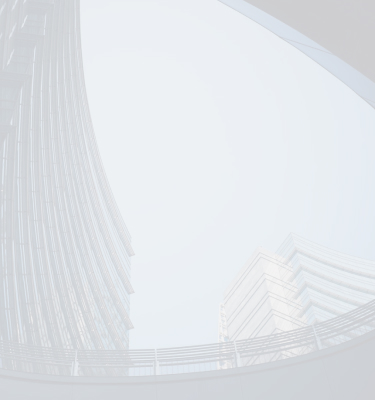Sector: Financial Services
Detailed Information
Access this content:
If you are an existing investor, log in first to your Metrobank Wealth Manager account.
If you wish to start your wealth journey with us, click the “How To Sign Up” button.

Fundamental View
AS OF 27 Feb 2025- Security Bank is the 7th largest bank in the Philippines by total assets and was established on June 18, 1951. Its dollar bonds provide better yield pickup compared to its nearest comparable. We remain comfortable with the bond given Security Bank’s total capital ratio of 14.20%, which is 400 basis points above the minimum regulatory hurdle, which can buffer modest credit losses in its loan portfolios should macroeconomic headwinds worsen.
Business Description
AS OF 27 Feb 2025- Security Bank is the 7th largest bank in the Philippines by total assets and was established on June 18, 1951. Security Bank’s businesses include wholesale banking, financial markets, and retail banking. The bank provides commercial banking services such as deposit products, loans and trade finance, domestic and foreign fund transfers, treasury, foreign exchange, and trust services.
- Security Bank's loan portfolio is 32% consumer & MSME, 28% middle market, and 40% corporate as of 3Q 2024.
Risk & Catalysts
AS OF 27 Feb 2025- Any rating downgrade of the Philippine sovereign would have a negative impact on Security Bank.
- Given the current rate cut environment that drives funding costs lower, Its strategy to aggressively capture market share in the retail and MSME segment might allow the bank to deliver faster growth and higher net interest income margin.
- Rapid expansion on higher yielding retail and MSME segments could worsen asset quality and increase credit costs.
Recommended Issuers
Featured Issuers
Bank of Philippine Islands
Bond:
BPIPM 5 30

SK Hynix
Bond:
HYUELE 4.375 30

Hyundai Motor
Bond:
HYNMTR 5.4 31










 DOWNLOAD
DOWNLOAD



